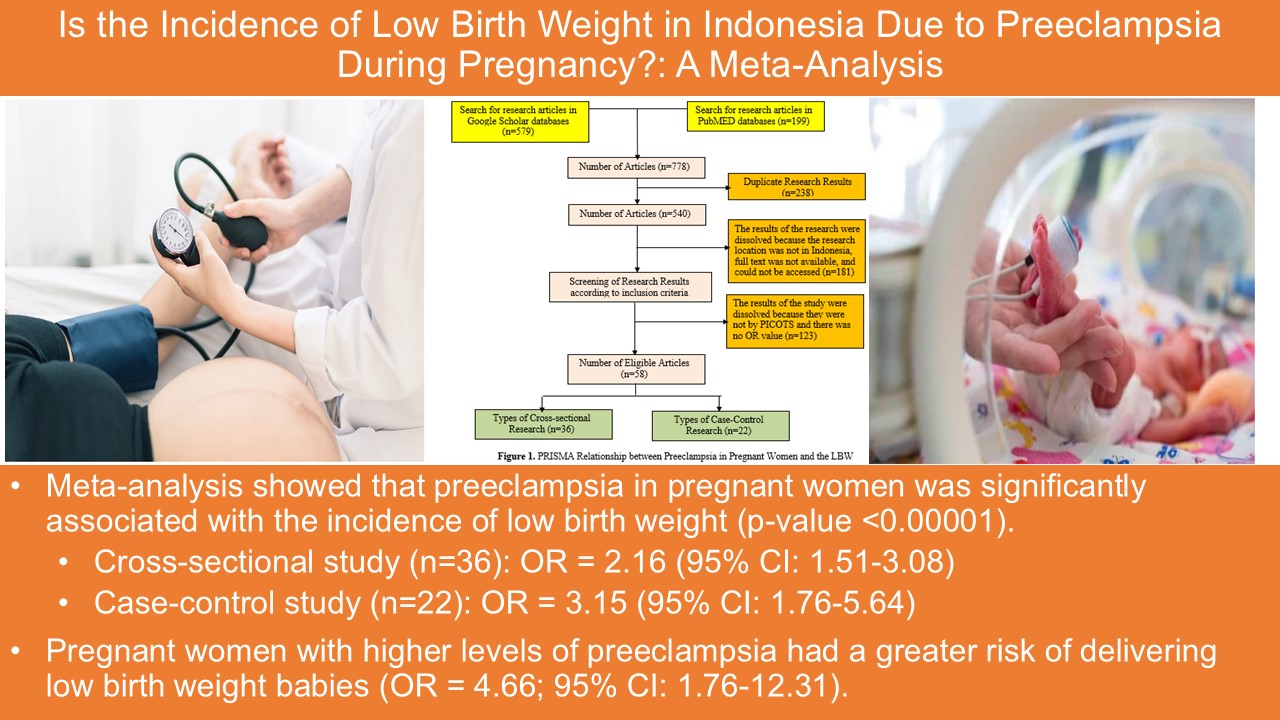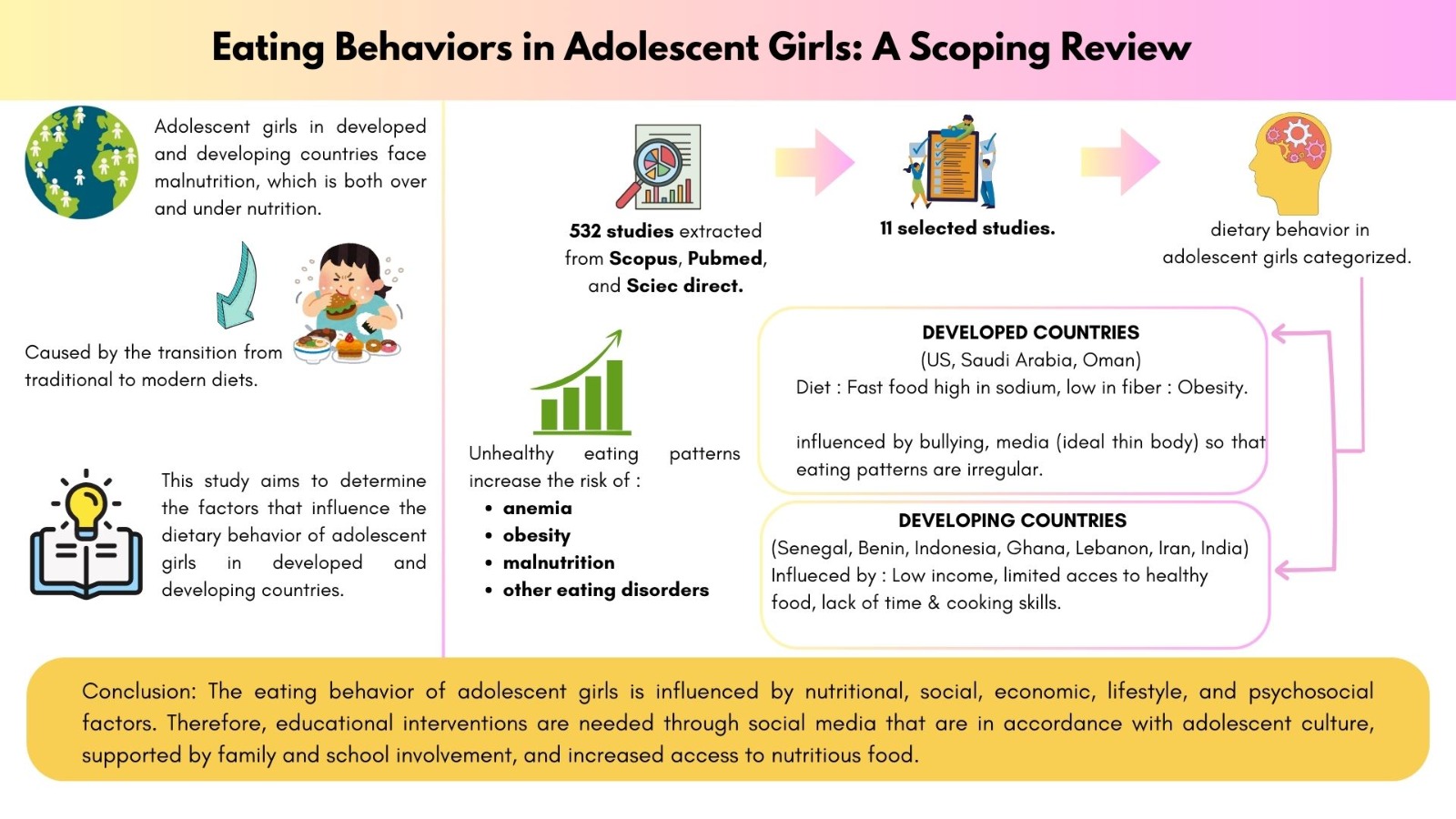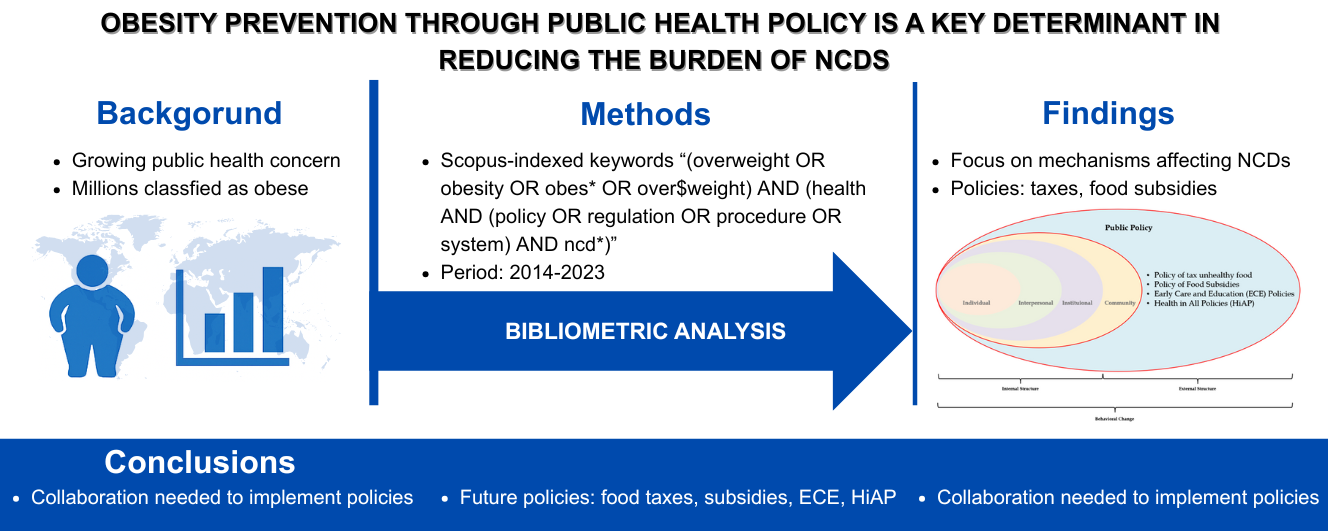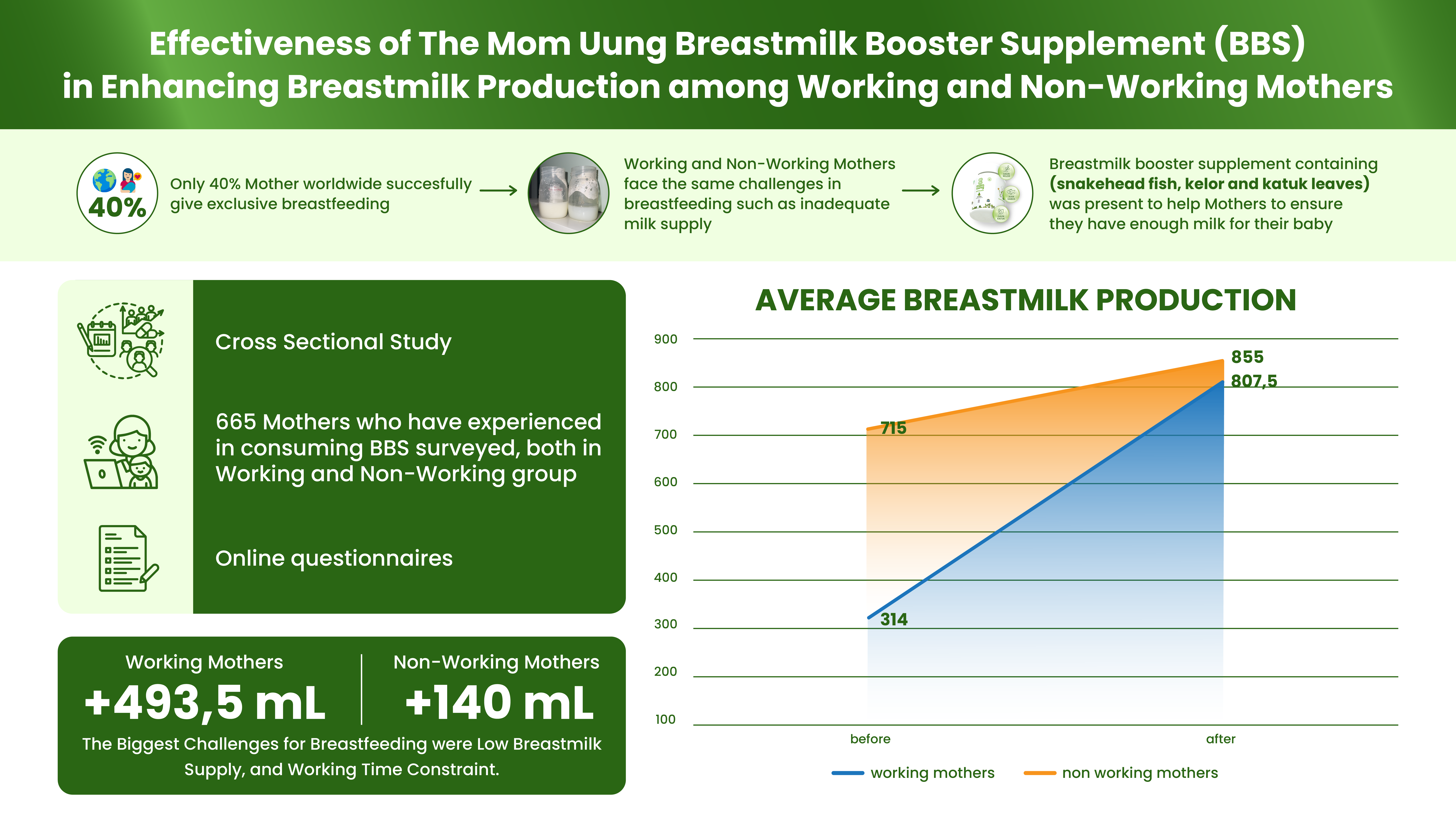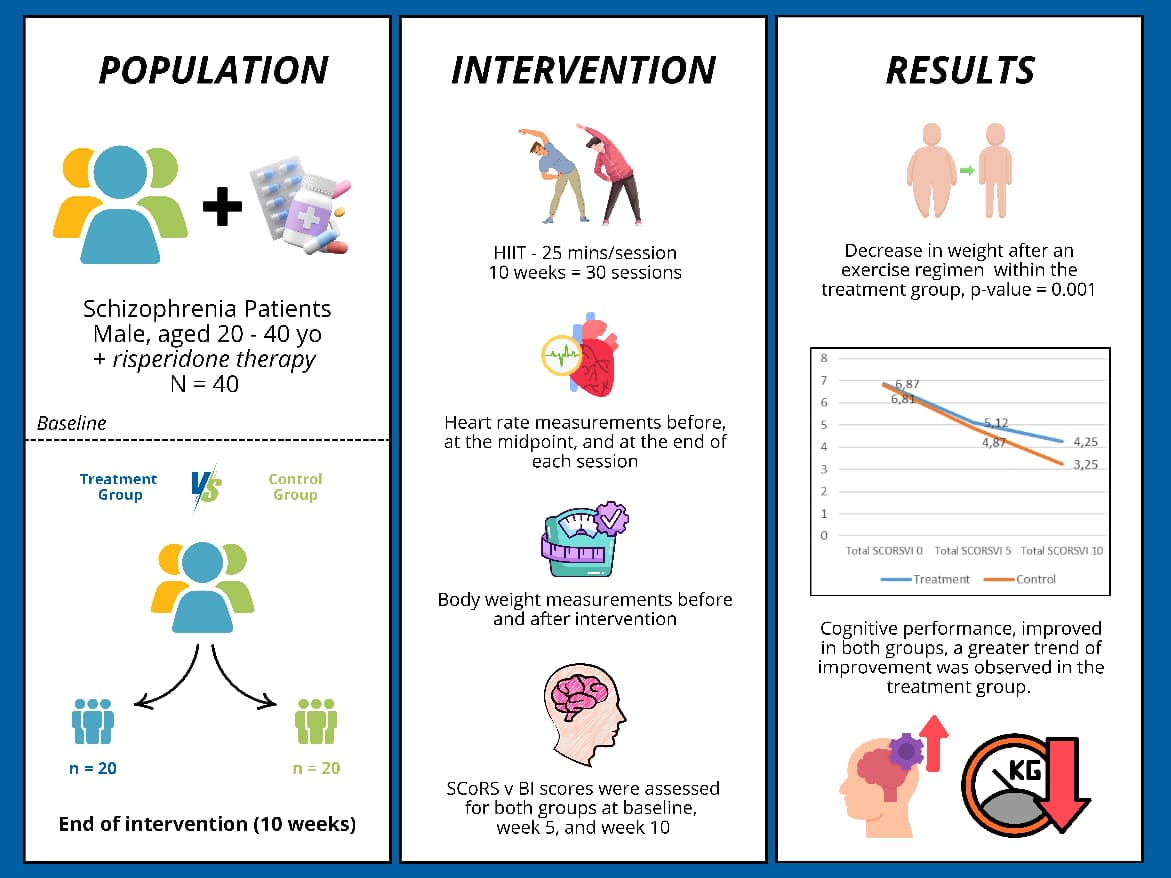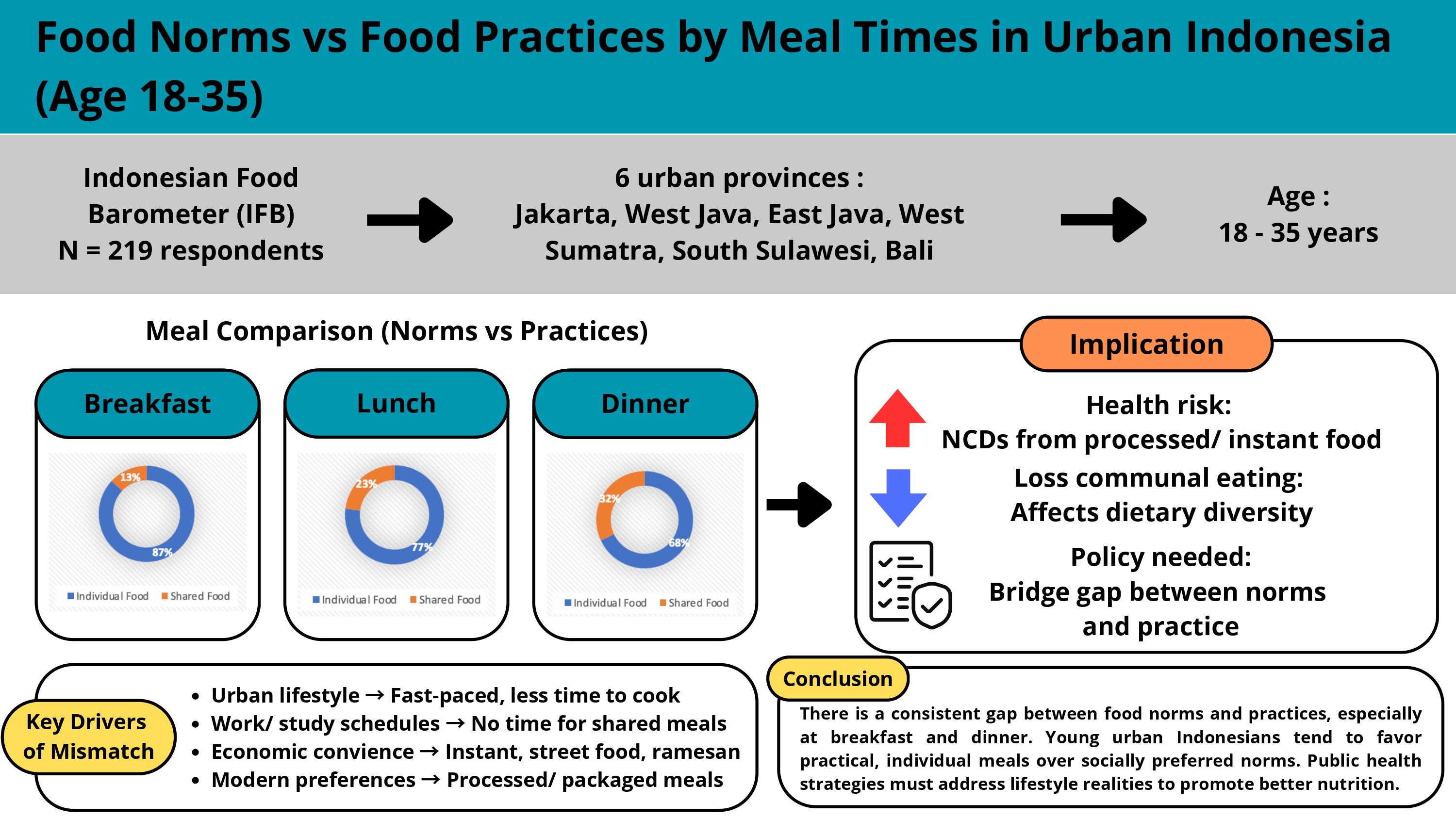Macronutrient Intake and Obesity In Adolescents: A Meta-Analysis Study
Downloads
Obesity is a condition with excess body fat due to an imbalance in energy intake consumed more than the physical activity expended. Adolescents who are obese can increase the risk of degenerative diseases. This study aimed to determine the relationship between macronutrients, including carbohydrate, protein, and fat intake, and obesity in adolescents. This study uses a meta-analysis method. Articles were taken from Google Scholar, PubMed, and Science Direct databases. The articles analyzed were articles published from 2000 – 2022, full text; the keywords used for the search were "carbohydrate”, "protein”, "fat”, "obesity, and "adolescents”. The articles were collected using PRISMA diagram and analyzed by Review Manager Application 5.4. With the fixed effect model and random effect model. From the results of this study, seven articles were identified. The results of the forest plot show the relationship between carbohydrate intake and obesity in adolescents, p-value < 0.001; OR = 2.58, protein intake with obesity in adolescents obtained p-value = 0.02; OR = 2.92, and fat intake with obesity in adolescents obtained p-value < 0.001; OR = 6.20. The conclusion of this study shows that the variables of carbohydrate, protein, and fat intake have a significant relationship with obesity in adolescents.
Anggraeny, O., Ridhanti, D. and Nugroho, F.A., 2018. Tidak ada korelasi antara asupan karbohidrat sederhana, lemak jenuh, dan tingkat aktivitas fisik dengan status gizi pada remaja dengan kegemukan dan obesitas. AcTion: Aceh Nutrition Journal, 3(1), pp.1-8.
Beti, suryandari dwi. (2015). Hubungan Asupan Protein Dengan Obesitas Pada Remaja. Journal of Nutrition College, 4(4), 1–25. https://doi.org/10.14710/jnc.v4i4.10159
Dewi, P.L.P. and Kartini, A., 2017. Hubungan pengetahuan gizi, aktivitas fisik dan asupan energi, asupan lemak dengan kejadian obesitas pada remaja SMP. Journal of Nutrition College, 6(3), pp.257-261.
Fitriani, R. (2020). Hubungan Antara Pengetahuan Gizi Seimbang, Citra Tubuh, Tingkat Kecukupan Energi dan Zat Gizi Makro dengan Status Gizi pada Siswa SMA Negeri 86 Jakarta. Gorontalo Journal Health and Science Community, 2(2), 29–38. https://doi.org/10.35971/gojhes.v4i1.5041
Indrasari, O. and Sutikno, E., 2020. Faktor Yang Mempengaruhi Status Gizi Remaja Usia 16-18 Tahun. Jurnal Kesehatan Indonesia, 10(3), pp.128-132.
Kartolo, M. S., & Santoso, A. H. (2022). Hubungan Frekuensi Konsumsi, Asupan Energi, Lemak, Gula dan Garam dalam Fast Food dengan Kejadian Obesitas pada Siswa/I SMP X Yogyakarta. Ebers Papyrus, 28(1), 38–50.
Kurdanti, W., Suryani, I., Syamsiatun, N.H., Siwi, L.P., Adityanti, M.M., Mustikaningsih, D. and Sholihah, K.I., 2015. Faktor-faktor yang mempengaruhi kejadian obesitas pada remaja. Jurnal Gizi Klinik Indonesia, 11(4), pp.179-190
Mulyani, N. S., Arnisam, A., Fitri, S. H., & Ardiansyah, A. (2020). Faktor Penyebab Obesitas Pada Remaja Putri Di Aceh Besar. Jurnal Riset Gizi, 8(1), 44–47. https://doi.org/10.31983/jrg.v8i1.5472
Nadia Loliana, N.L. and Nadhiroh, S.R., 2015. Asupan dan kecukupan gizi antara remaja obesitas dengan non obesitas. Media Gizi Indonesia, 10(2).
Pajriyah, & Sulaeman. (2021). Hubungan Tingkat Pengetahuan Siswa Terhadap Pola Makan Dan Aktivitas Fisik Dengan Kejadian Kelebihan Berat Badan Di SMA Daarul Mukhtarin Tangerang. Nusantara Hasana Journal, 1(1), 95–101.
Praditasari, J.A. and Sumarmik, S., 2018. Asupan Lemak, Aktivitas Fisik Dan Kegemukan Pada Remaja Putri Di Smp Bina Insani Surabaya. Media Gizi Indonesia, 13(2), p.117.
Pratiwi, I., Arsyati, A.M. and Nasution, A., 2022. Faktor-Faktor yang Mempengaruhi Kejadian Obesitas pada Remaja di Smpn 12 Kota Bogor Tahun 2021. Promotor, 5(2), pp.156-164.
Primashanti, D.A.D. and Sidiartha, I.G.L., 2018. Perbandingan asupan energi, karbohidrat, protein dan lemak dengan angka kecukupan gizi pada anak obesitas. Medicina, 49(2).
Putri, R.N., Nugraheni, S.A. and Pradigdo, S.F., 2022. Faktor-Faktor yang Berhubungan dengan Kejadian Obesitas Sentral pada Remaja Usia 15-18 Tahun di Provinsi DKI Jakarta (Analisis Riskesdas 2018). Media Kesehatan Masyarakat Indonesia, 21(3), pp.169-177.
Restuastuti, T. and Ernalia, Y., 2016. Hubungan pola makan dan aktivitas fisik terhadap obesitas pada remaja di SMA Negeri 5 Pekanbaru (Doctoral dissertation, Riau University).
Riskesdas. (2018). Laporan Riskesdas 2018 Kementrian Kesehatan Republik Indonesia. In Laporan Nasional Riskesdas 2018 (Vol. 53, Issue 9, pp. 154–165). http://www.yankes.kemkes.go.id/assets/downloads/PMK No. 57 Tahun 2013 tentang PTRM.pdf
Riswanti, I. (2016). Media Buletin Dan Seni Mural Dalam Upaya Meningkatkan Pengetahuan Tentang Obesitas. Journal of Health Education, 1(1), 62–70.
Rizki, R. khoirur, Martha, A., & Deny, fitranti yudi. (2018). Journal of Nutrition College, Jurnal Of Nutrition College, 7(4), 162–168. https://doi.org/10.1038/184156a0
Rorimpadei, C., Kapantow, N., & Malonda, N. (2020). Hubungan Antara Asupan Zat Gizi Makro Dengan Status Gizi Pada Remaja Putri Di Desa Kayuuwi Dan Kayuuwi Satu Kecamatan Kawangkoan Barat. Ejournal.Unsrat. Ac.Id, 9(4), 125–130. https://ejournal.unsrat.ac.id/index.php/kesmas/article/view/29725
Sani, S. P., & Handayani, L. (2021). Literature Review: Konsumsi Junk Food Dan Obesitas Pada Remaja. VISIKES: Jurnal Kesehatan Masyarakat, 20(2), 455–460. https://doi.org/10.33633/visikes.v20i2.4651
Suryaputra, K. and Nadhiroh, S.R., 2012. Perbedaan pola makan dan aktivitas fisik antara remaja obesitas dengan non obesitas. Makara Journal of Health Reseacrh, 16(1), pp.45-50.
Sineke, J., Kawulusan, M., Purba, R. B., & Dolang, A. (2019). Hubungan Tingkat Pengetahuan Gizi Dan Pola Makan Dengan Kejadian Obesitas Pada Siswa SMK Negeri 1 Biaro. Jurnal GIZIDO, 11(01), 28–35. https://doi.org/10.47718/gizi.v11i01.752
Sjahmien, M. (2017). Dasar - dasar Ilmu Gizi (1st ed.). Pustaka Kemang.
Soetjiningsih. (2004). Tumbuh Kembang Remaja dan Permasalahannya. sagung seto.
Sopiah, L., Lestari, W., Suraya, R., Yulita, & Nababan, A. S. V. (2021). Faktor yang Berhubungan Dengan Obesitas Remaja di Kelurahan Bunut Barat Kecamatan Kisaran Barat. Journal of Nursing and Health Science, 1(1), 8–13.
Suha, G.R. and Rosyada, A., 2022. 'Faktor-Faktor yang Berhubungan dengan Kejadian Obesitas pada Remaja Umur 13-15 Tahun di Indonesia (analisis lanjut data Riskesdas 2018). Jurnal Ilmu Gizi Indonesia, 6(1), pp.43-56.
Suraya, R. (2018). Pengaruh Konsumsi Makanan Jajanan, Aktivitas Fisik, Screen Time, dan Durasi Tidur Terhadap Obesitas Pada Remaja. Jurnal Dunia Gizi, 3(2), 80–87. https://doi.org/10.33085/jdg.v3i2.4732
Telisa, I., Hartati, Y., & Haripamilu, A. D. (2020). Faktor Risiko Terjadinya Obesitas Pada Remaja SMA. Faletehan Health Journal, 7(03), 124–131. https://doi.org/10.33746/fhj.v7i03.160
Vionie, I. P., & Novera, H. (2020). Literature Review: Pola Makan Dan Aktivitas Fisik Pada Obesitas Remaja. National Conference for Ummah

This work is licensed under a Creative Commons Attribution-NonCommercial-ShareAlike 4.0 International License.
- MEDIA GIZI INDONESIA Journal is the copyright owner of all materials published on this website.
- The formal legal provisions for access to digital articles of this electronic journal are subject to the terms of the Creative Commons Attribution-NonCommercial-ShareAlike license (CC BY-NC-SA 4.0), which means that MEDIA GIZI INDONESIA Journal and readers reserve the right to save, transmit media / format, manage in database, maintain, and publish articles as long as it continues to include the name of the Author.
- Printed and published print and electronic manuscripts are open access for educational, research and library purposes. In addition to these objectives, the editorial board shall not be liable for violations of copyright law.


2.png)















